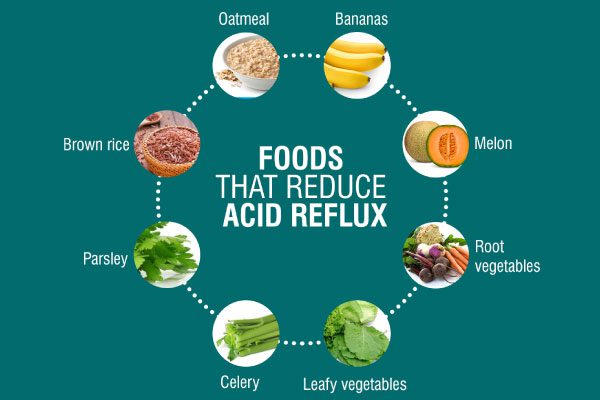
Acid Reflux is a very common ailment. Fifteen percent of infants and children have acid reflex. That percentage grows as you get older. It is estimated that 65% of adults over the age of 40 have suffered from acid reflux at least once a week. In the United States, at least 20% have experience acid reflux and GERD (Gastroesophageal reflux disease).
Those who get GERD are usually overweight and obese. Smokers and second-hand smoking can also cause GERD.
What you eat matters. Waking up in the middle of the night with acid reflux because of the food you ate early that day is not something you want. Popping antacids and guzzling down Pepto-bismol is not the highlights of being alive. What causes acid reflux is depended on what goes into your stomach and how your digestive system reacts to it is something those with acid reflux needs to be keening aware.
Based on scientific research and nutritional dietaries, these are the best foods to soothe your stomach.